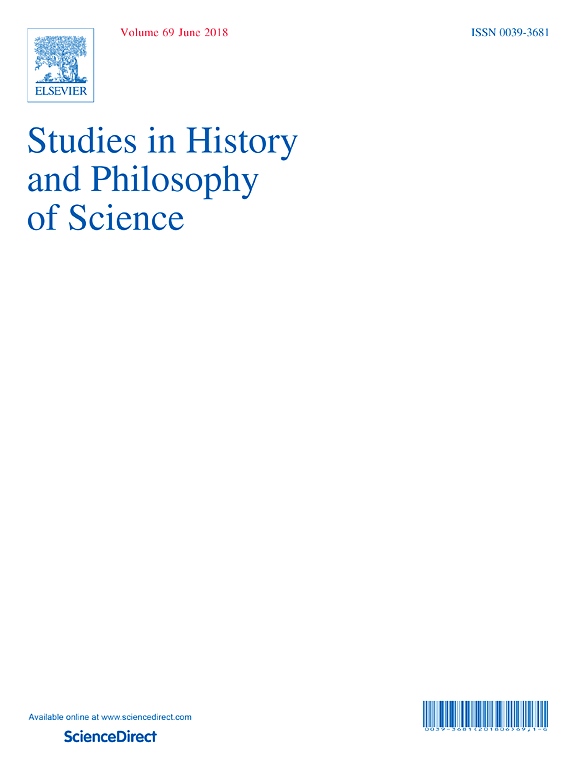Magic, semantics, and Putnam’s vat brains
(with Christina McLeish)
2004 Studies in History and Philosophy of Science, Part C, 35: 227–236
Last updated 13 March 2004
In this paper we offer an exegesis of Hilary Putnam’s classic argument against the brain-in-a-vat hypothesis offered in his Reason, Truth and History (1981). In it, Putnam argues that we cannot be brains in a vat because the semantics of the situation make it incoherent for anyone to wonder whether they are a brain a vat. Putnam’s argument is that in order for ‘I am a brain in a vat’ to be true, the person uttering it would have to be able to refer successfully to those things: the vat, and the envatted brain. Putnam thinks that reference can’t be secured without relevant kinds of causal relations, which, if envatted, the brain would lack, and so, it fails to be able to meaningfully utter ‘I am a brain in a vat’. We consider the implications of Putnam’s arguments for the traditional sceptic. In conclusion, we discuss the role of Putnam’s arguments against the brain in a vat hypothesis in his larger defense of his own internal realism against metaphysical realism.

In this paper we offer an exegesis of Hilary Putnam’s classic argument against the brain-in-a-vat hypothesis offered in his Reason, Truth and History (1981). In it, Putnam argues that we cannot be brains in a vat because the semantics of the situation make it incoherent for anyone to wonder whether they are a brain a vat. Putnam’s argument is that in order for ‘I am a brain in a vat’ to be true, the person uttering it would have to be able to refer successfully to those things: the vat, and the envatted brain. Putnam thinks that reference can’t be secured without relevant kinds of causal relations, which, if envatted, the brain would lack, and so, it fails to be able to meaningfully utter ‘I am a brain in a vat’. We consider the implications of Putnam’s arguments for the traditional sceptic. In conclusion, we discuss the role of Putnam’s arguments against the brain in a vat hypothesis in his larger defense of his own internal realism against metaphysical realism.
HTML version of full text not available
PDF available above
